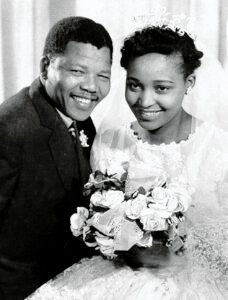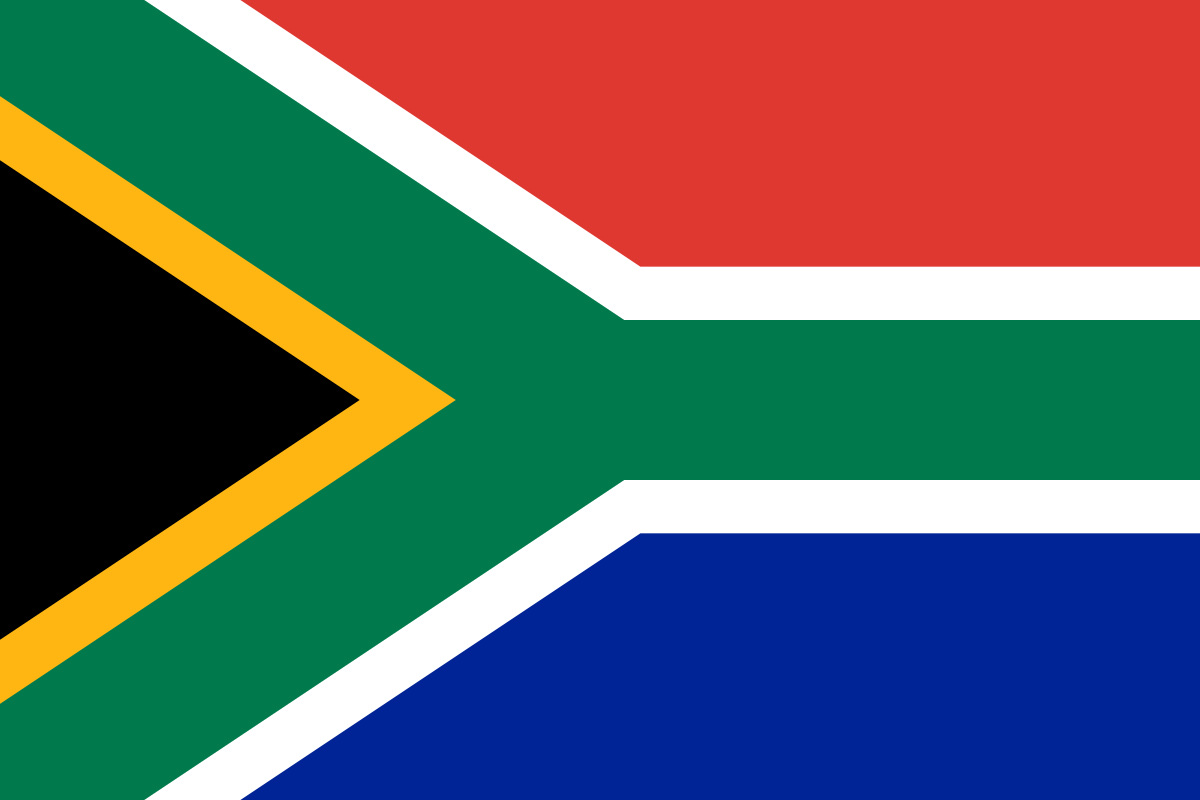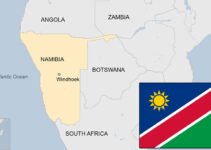As the sun paints the South African sky on March 19, the whispers of the past echo in the air. Like many threads woven into the nation’s vibrant tapestry, this date holds stories waiting to be unearthed. We embark on a journey of exploration, delving into the triumphs, tragedies, and turning points that mark March 19 in South Africa’s history.

2002: Zimbabwe is suspended from the commonwealth
Zimbabwe was suspended from the Commonwealth of Nations for 12 months after flawed elections in 2001 that were marked with politically motivated violence. Review was to be conducted after 12 months to assess the country’s progress.
2005: 46664 concert is held in Fancourt
The South African 46664 concert was held at Fancourt, Western Cape. The concert’s theme highlighted the plight of women and girls. Fancourt owner and philanthropist, Professor Hasso Platter, generously supported the event. International artists and local talents came together for the event. Will Smith served as the Master of Ceremonies.
1998: Makhaya Ntini represents South Africa at Newlands
Makhaya Ntini becomes the first Black SA cricket player to play in a five-day test in Cape Town, in which he takes 2 wickets.
1996: Winnie and Nelson Mandela divorce
After 38 years of marriage, Judge Eloff granted Nelson and Winnie Mandela a divorce. Irreconcilable differences were cited as the reason for the parting. The Mandelas were married in 1958 and only spent a couple of years together before Nelson Mandela was sentenced to life in prison as one of the Rivonia Trialists in 1963. It is believed that the lengthy separation that the couple experienced while Nelson Mandela was incarcerated contributed greatly to the eventual split. Two daughters, Zenani and Zindzi were born from their marriage.
1993: Three people are killed at Eikenhof
Zandra Mitchley, her fourteen year old son, Shaun, and his friend, Claire Silberbauer, were murdered on the old Vereeniging road, near Eikenhof, south of Johannesburg. Boy Titi Ndweni, Sipiwe James Bholo and Sipho Samuel Gavin, three African National Congress (ANC) activists were found guilty of their murders by Judge David Curlewis after they had been identified as the culprits during an identification parade and had made confessions of guilt to a police officer. The accused later pleaded their innocence and insisted that the confessions were false and had been extracted under torture. Sipiwe Bholo and Sipho Gavin were sentenced to death three times (later commuted to life sentences) while Boy Titi Ndweni was sentenced to seventeen years in jail.
1982: Fifteen English cricket players are prohibited to play for three years in England because of their rebel tour of South Africa
The rebel cricket tours were matches taking place in South Africa at a time when the country was banned from international cricket. Despite wide international condemnation, the tours continued to take place for years. After the 1982 English tour, fifteen players who took part in it received three year bans from professional cricket. The last rebel tour took place in 1990. The tour was cancelled midway following violent protests from the public and strong disapproval from the international community.
1977: Sir de Villiers Graaff and Theo Gerdener jointly express their agreement to form a new party
In a joint declaration the leaders of the United Party (UP), Sir de Villiers Graaff and the Democratic Party (DP), Theo Gerdener, expressed their agreement to form a new party on the basis of equal rights for all racial groups in South Africa. No actual unification was immediately announced following this declaration. During the same year, a group of UP members left the Party to form the Committee for a United Opposition, which then joined the Progressive Reformed Party (PRP) to form the Progressive Federal Party. It is not clear whether this was prompted by the declaration between the two organisations. On 5 October, 1977 Sir de Villiers Graaff announced his retirement from politics, having been leader of the opposition from 1956 until the dissolution of the UP on 28 June 1977.
1975: The second elections to the Coloured Persons’ Representative Council result in the Labour Party holding the majority seats
The Labour Party won an absolute majority in the second election to the Coloured Persons’ Representative Council. They demanded full equality with Whites and complete economic and political freedom. On the election day, the minister of Coloured Relations announced a Bill that would enable him to assume the powers and functions of the Council under certain circumstances.
1910: Thomas Thornton becomes the first passenger on an aeroplane in South Africa
On 19 March 1910, Thomas Thornton paid £100 to Albert Kimmerling for a short flight and became the first person to fly on an airplane as a passenger. On the same day, Julia Stansfield became the first female passenger to fly on a plane when Kimmerling took her on a flight over Johannesburg. Kimmerling, a Frenchman, made the first powered flight in South Africa in a Viosin Canard Seaplane on 28 December 1909.



